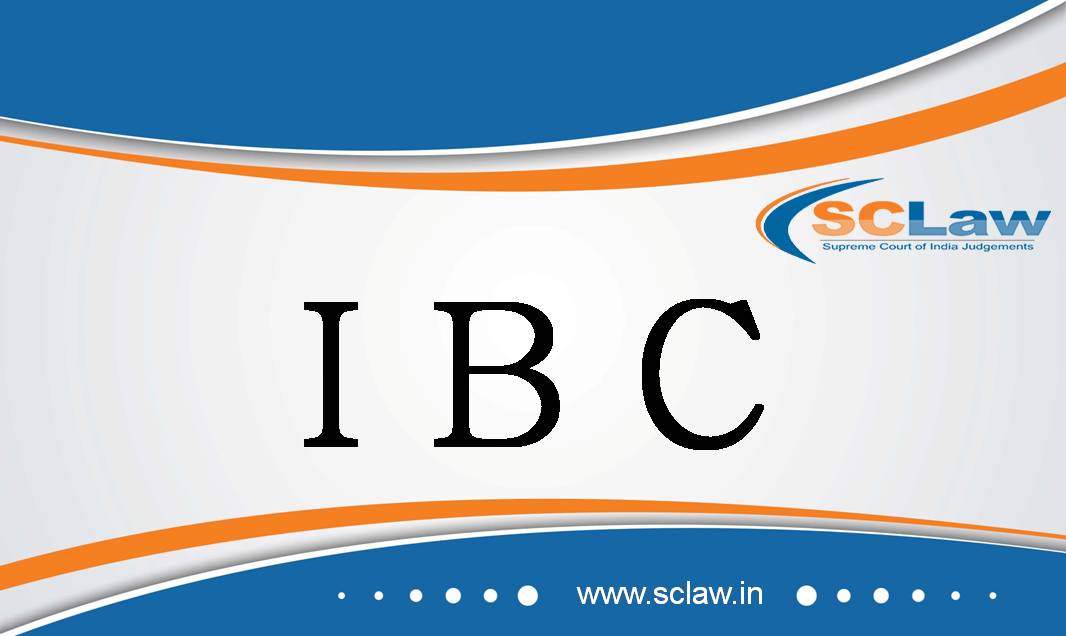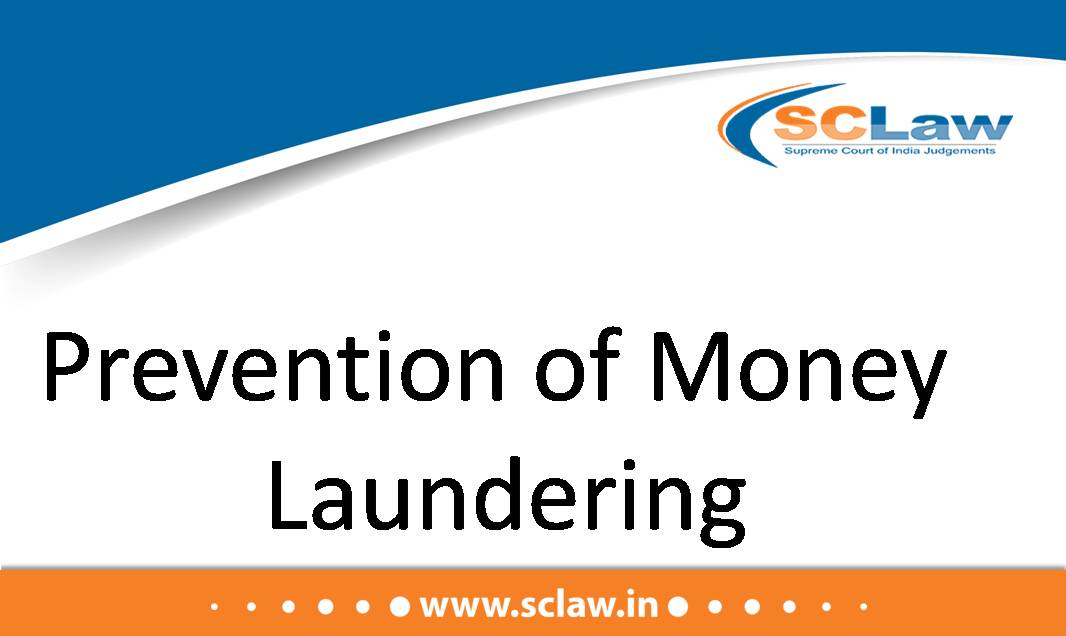Nomination Process Under Companies Act Does Not Override Succession Laws
Held that the nomination process under the Companies Act, 1956 (pari materia Companies Act, 2013) does not override succession laws. It is beyond the scope of the company’s affairs to…









